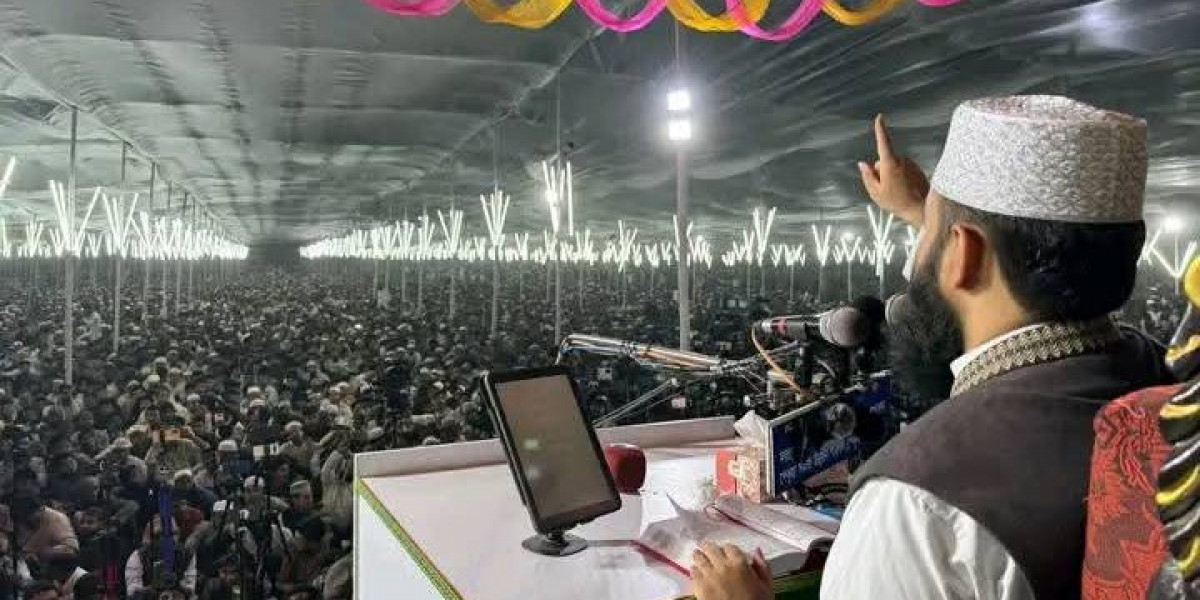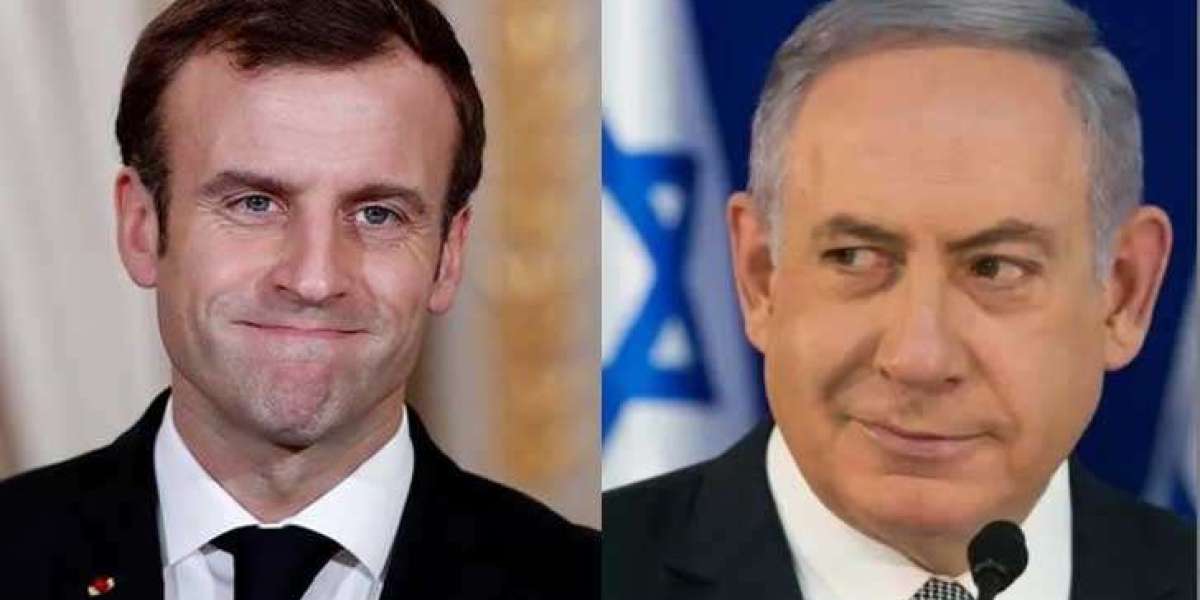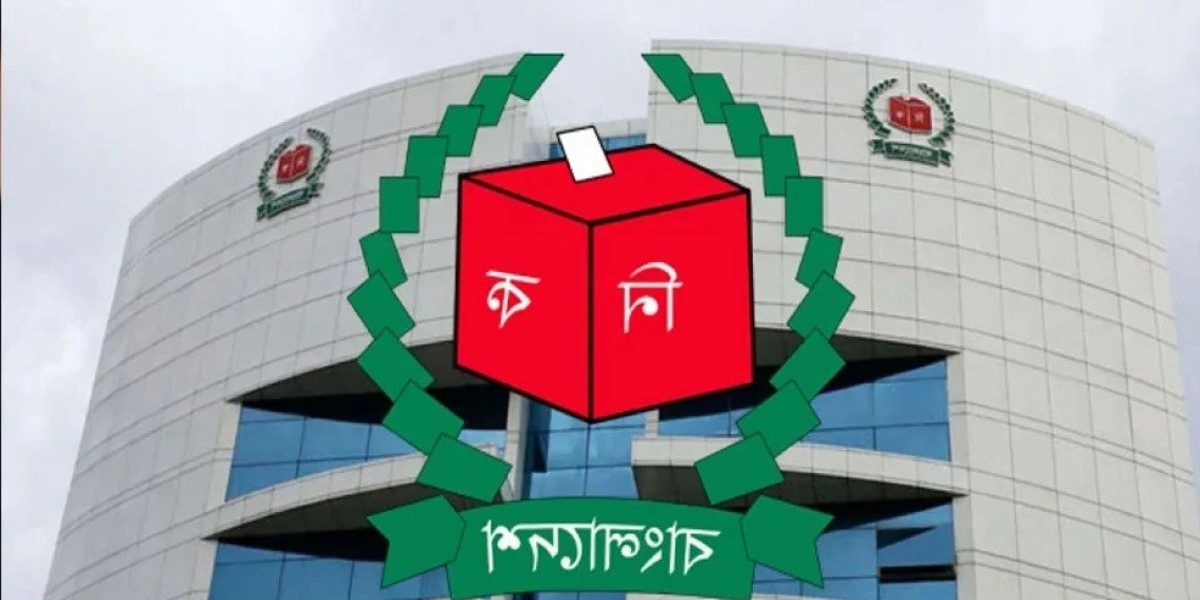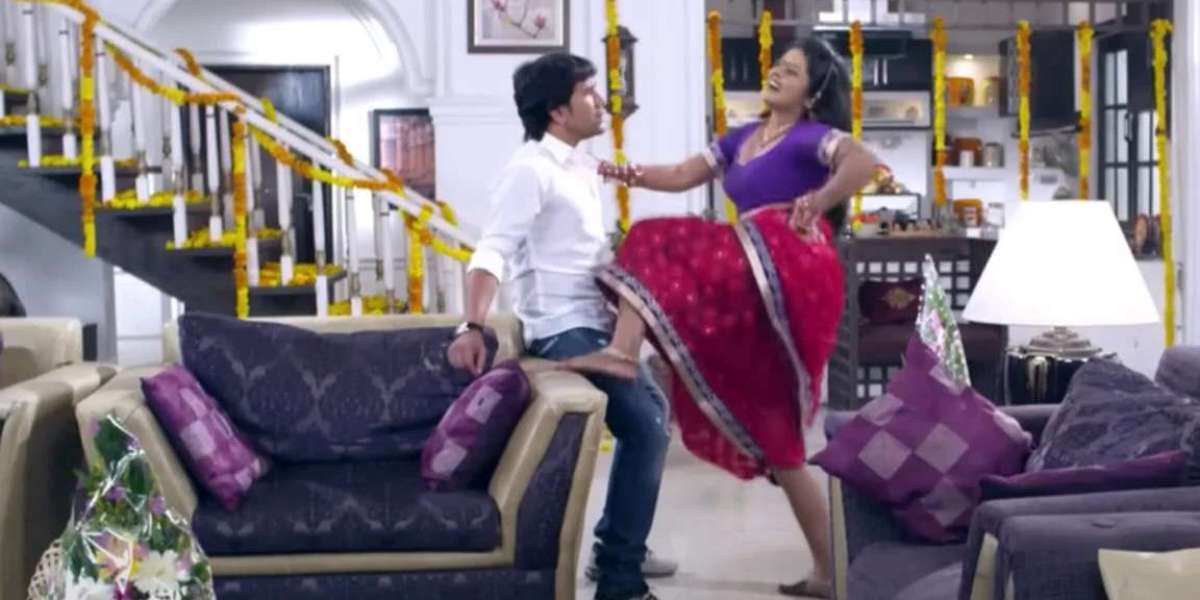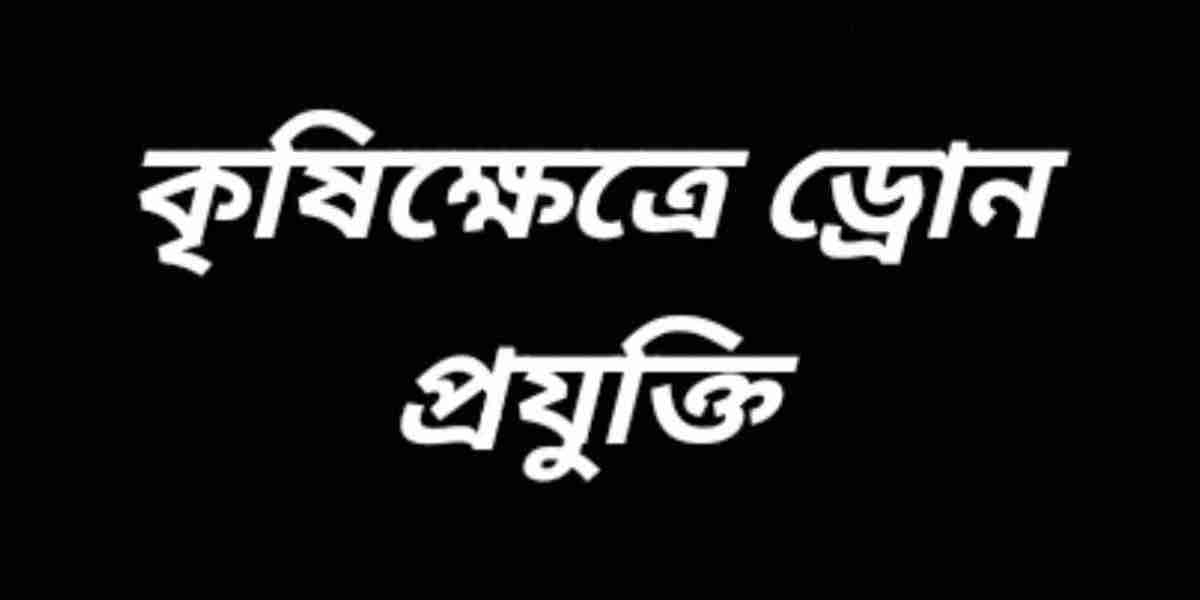At the very beginning of the reform of the electoral system, the numerical proportional electoral system is now dominating the discussion. In this system, elections are based on party symbols. And seats are divided based on percentage of votes.
Analysts say that this system consolidates democracy and has everyone participate in parliament. No party has a chance to become a dictator after coming to power.
On October 12, a virtual discussion on 'State Reforms and Constitution Amendment' brought up the issue of proportional representation.
Representatives of BNP, CPB, Jamaat-e-Islami, Jatiya Party, AB Party, Mass Solidarity Movement and People's Rights Council spoke in the seminar.
Among them, other parties except BNP give their opinion in favor of proportional system. In its reform proposal, Jamaat-e-Islami has called for the introduction of proportional representation system in parliamentary elections. But BNP is talking about bicameral Parliament.
Analysts say the prevailing system, known as seat-based elections, elects the candidate who gets the most votes in a seat. In this way the result of voting in all the parliamentary constituencies is determined. Now if a candidate gets 40 thousand votes out of one lakh votes in a seat. And if two more candidates get 25 and 35 thousand total 60 thousand votes then they have no representation. Although the winning candidate does not represent the majority of voters.
On the other hand, there are no candidates in proportional representation elections. Elections are held on party symbols. According to the percentage of votes that the party gets, they will get seats in the parliament in that proportion. Parliament of total 350 seats in Bangladesh. Out of this, 300 constituencies are directly elected based on candidates. And 50 women seats are divided in proportion to how many seats a party got in the election. Now if proportional elections are held in 300 seats then if a party gets 50 percent votes they will get 150 seats. Thus those who get 30 percent votes will get seats in that proportion. Those who get 10 percent votes will get seats at that rate.
Dhaka University Development Studies Department professor and election system analyst. Kazi Maruful Islam said that if the election is conducted in this manner, public opinion will be reflected in the true sense. And since there will be no candidate in the election, the election is based on symbols, so there will be no influence of black money, nomination trading, polling stations.
He said that the current election system does not really reflect the will of the voters. For example, BNP got 41 percent of the total votes in the 2001 elections. 193 seats were obtained. And Awami League got 39 percent. But got only 30 seats. Now most of the countries of the world are having proportional elections instead of seats based.
It has been said at different levels, out of 170 countries of the world, 91 countries have proportional election system. And the acceptance of this election system is increasing day by day.
Researcher on parliamentary affairs Professor Nizam Uddin Ahmed said, those who come to power in the current election system can do whatever they want later. Dictatorship becomes possible. Proportional elections do not have that opportunity. This system makes it difficult for any party to get an absolute majority. No single party usually gets 51 percent of the vote.
He said, a question is now being raised that Awami League will come to parliament if proportional elections are held. You will also get many seats. But if voters vote for them, there is nothing to do. And small parties who cannot come to parliament will get seats in parliament in this way. If there are 300 seats, even if a party gets one percent of the votes, they will get seats in the parliament.
Dr. Kazi Maruful Islam said that if the people of the country want that Awami League cannot hold elections, then they can be stopped from participating in the elections by law. But for that reason it is not right to oppose a good method.
They said, in this method of election, the list of candidates can be published earlier or later. Again, seats can be distributed on the basis of constituencies. If everyone agrees on the introduction of proportional system in Bangladesh, the whole system can be fixed. It's not a problem. And for this the constitution will need to be amended.
Political party ideas
Publicity Secretary of Jamaat-e-Islami Matiur Rahman Akand said, we have proposed proportional elections. The reason for this is that the actual public opinion is not reflected in conventional elections.
According to him, the countries of the world where the proportional election system is in operation are far ahead democratically. And the system in Bangladesh does not reflect the will of the majority of people. One party got 12 percent of the votes but it was found that they had no representative in the parliament. Another party formed the government by getting 30 percent of the votes. Why is 70% of the voters not important to the rest of the parties.
Akanda thinks that democracy will be consolidated if this system is introduced. Nomination trading, vote rigging, violence will stop. And everyone will be represented.
Secretary General of Jatiya Party Mujibul Haque Chunnu said, I got 62,500 votes in an election in my area. Awami League candidate got 62 thousand votes. And the BNP candidate was elected by getting 63 thousand votes. That is, the representation of more than 100,000 people has not been confirmed, it has been 63,000. As a result, it is clear that the majority of the voters are neglected in the traditional method of elections. This will not be the case with proportional elections.
He believes that if proportional elections are introduced, there will be no effect of violence, nomination trading and muscle power on elections. According to him, the candidates will have no opportunity or reason to influence because of the symbol election. We want this method of election but the big parties don't want it. Because in the conventional system they have the possibility of getting many seats singlehandedly. They don't want representation of everyone. But it is necessary for democracy and fair electoral system.
BNP Vice Chairman Dr. Asaduzzaman Ripon, however, refused to accept these arguments. He said, actually voters want to see candidates. He votes by looking at his party and candidate. They want to choose their preferred candidates. Voters do not get a chance to choose candidates in proportional system. We have a Westminster type of democracy here. We cannot practice that. Let the practice start first and then think about the new method of election.
He felt that the proportional system would give the parties more opportunity to trade nominations. Then they will not think about qualified candidates. The symbol is good. Then they will trade to make MP.
He also questioned the percentage of votes of the parties who are talking about this proportional election. The vice chairman of BNP also thinks that most of the parties will not get it if there is a condition of getting minimum five percent votes.



